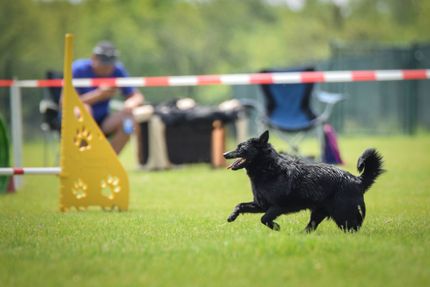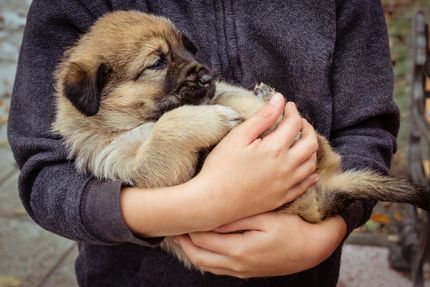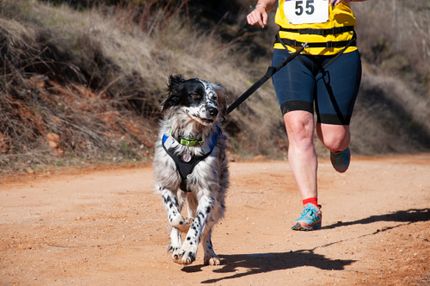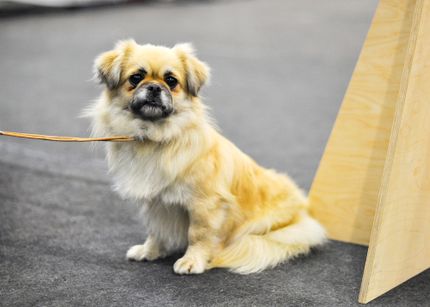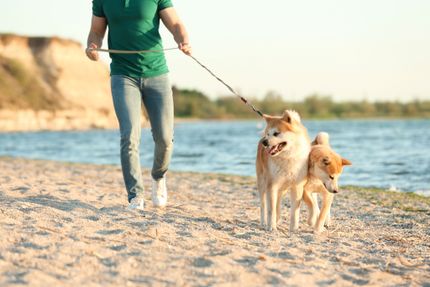Buggs:Boston Terrier and Pug Mix
Facts & Origin
Boston Terrier and Pug Mix - a hybrid breed.
The Boston Terrier and Pug mix is a small and spirited breed that is full of energy and loves to play. They are loyal and affectionate dogs that make great companions.
What are breed characteristics of this mix dog?
The Boston Terrier Pug Mix breed has a short, compact body and a square head. They usually weigh between 6-8 kg and are 40-50 cm long. They have a short, fine coat that is usually black, brown or brindle, and they have small, dark eyes. Their ears are erect and their tail is short and stubby.
| Alternate Name | - |
| Origin | USA - China |
| Life expectancy | 10 - 15 years |
| Care requirements | low-maintenance |
| Activity level | average - low |
| FCI group | not recognised |
| AKC group | not recognised |
| KC group | not recognised |
More Boston Terrier mixes
More Pug mixes
Attitude, character and temperament of the breed
Possible character traits of Boston Terrier and Pug mix - Such is probably his nature.
The Boston Terrier and Pug mix are loyal and loving companions. They get along well with children and other pets and make excellent watchdogs. They are relatively low maintenance and require only moderate exercise. This breed is known for being intelligent and easy to train. They are also very playful and are sure to put a smile on your face with their funny expressions.
The Boston Terrier Pug mix is an ideal pet for families or individuals looking for a loyal and affectionate companion. They are relatively low maintenance and are perfect for a busy lifestyle due to their moderate need for exercise. If you're looking for a fun-loving and playful pet, the Boston Terrier-Pug mix is the perfect choice for you!
Character
Usage


Health and breeding information
What diseases can Boston terrier pug mix have.
Boston Terrier-Pug mixes are a popular mixed breed dog, but there are some health concerns you should be aware of if you are looking to get one.
One of the most common health concerns with Boston terrier pug mixes is allergies. Many of these dogs are allergic to environmental allergens such as pollen, grass, and dust mites. Allergies can cause a whole host of symptoms, including itching, runny nose, watery eyes, and hair loss. If your dog shows any of these signs, be sure to take him to the vet to rule out other possible conditions and treat him accordingly.
Another health issue with Boston Terrier Pug mixes is patellar luxation. This is a condition where the kneecap shifts out of its normal position. This can be painful and cause lameness in the affected leg. Patellar luxation is usually caused by congenital defects or injuries and is more common in small breeds like Boston Terrier Pug mixes. If your dog suffers from this condition, it may need to be surgically repaired.
Finally, Boston terrier pug mixes are also prone to eye problems such as cataracts and glaucoma. These conditions can lead to blindness if left untreated. That's why it's important to take your dog to the vet for regular eye exams.
Even though Boston Terrier Pug mixes have some health problems, they are still wonderful, loving dogs. With proper care and regular veterinary checkups, your dog can enjoy a long, healthy life.
What does this mixed breed look like?
The Boston Terrier-Pug mix is a small to medium sized dog with a short, thick coat. The most common colors for this breed are black and white, but there are also brindle and tan Boston Terrier Pugs. The coat is relatively low maintenance and does not shed very much.
| Fur length | short |
| Fur | flat coated |
| Ear shape | Standing Ears - Tilt-ear |
| Tail | stubby |
| Anatomy | muscular, massive, square, hefty |
| Size ♀ | 22 - 44 cm |
| Weight ♀ | 6 - 10 kg |
| Size ♂ | 25 - 43 cm |
| Weight ♂ | 6 - 11 kg |
| Suitable For | Children, Beginner, Children, Seniors |
Known Diseases
Eye diseases
Often occur with allergies and intolerances.
Patellar problems
Problems with the Patellar can be a displacement or weak kneecap, which is one of the most common causes of lameness in dogs, also because of overweight.
Shortness of breath
Difficult breathing can be recognized by the dog's rattling and sometimes accelerated breathing rate.
Spinal disorders
However, as the dog ages, this elasticity can be lost and completely inhibited by diseases such as spondylosis.
Breathing problems
Dogs with shortened muzzles can often experience respiratory problems.
Denture malocclusions
Malocclusions of the dentition often occur in dogs with short muzzles.
Heart disease
Can occur frequently in dogs and can sometimes be treated with medication.
Hip dysplasia (HD)
The hip dysplasia or hip joint dysplasia of the dog (HD) is a maldevelopment of the hip joint.
Overweight
Often, unfortunately, the dogs very much under excess weight. But the dogs themselves are never to blame!
FAQ
-
Yes, Boston Terrier and Pug mixes make great family pets. They are usually very affectionate and love to spend time with their owners. They can be a bit stubborn at times, but overall they are very loving and easy to train.
-
Boston Terriers and Pug mixes generally get along well with other dogs. They may be a little more independent than other breeds, but they usually get along well with other animals.
-
No, Boston Terriers and Pug mixes don't need a lot of exercise. They are relatively active dogs, but they don't need a lot of room to run around. A short walk or play session should be enough to keep them happy and healthy.
-
Yes, Boston Terriers and Pug mixes shed. They may not shed as much as other breeds, but they still shed hair. If they are brushed regularly, the hair growth will decrease.
-
Moderate
Useful Articles
You can find articles that might interest you in the dogbible blog to match your favorite breed.
Visit our magazineto stay up to date on dog trends.
To find out more, view our Privacy Policy
Find here the breed that suits you and find out what character traits it has. Here you can also learn more about the origin, size and weight of your favorite breeds.
Matching your favorite breed, you'll find articles that might interest you on the dogbible dog blog.
Ataxia in dogs - causes, symptoms, diagnosis and treatment
Sedatives for dogs - alternative medicine and drugs













